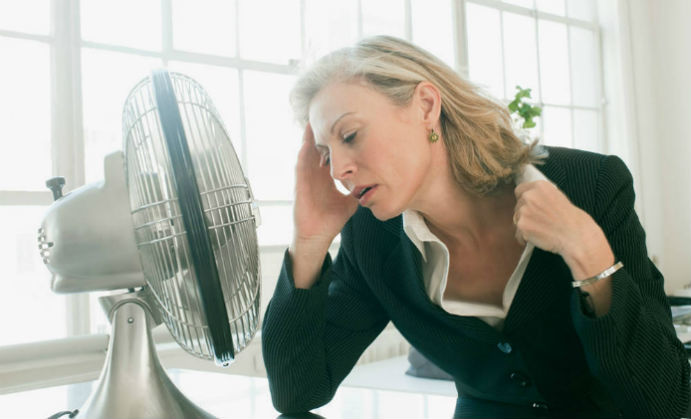There are many reasons for belly inflammation during menopause. It can occur due to various diets. Some of the reasons are chewing food too quickly and the heavy intake of salt. There may also be some other causes. It would be better to get a doctor’s suggestion before stepping into taking measures for belly bloat.
Reducing Belly Inflammation by Dietary Measures
Belly inflammation can be reduced by changing your diet because many food items may lead to bloating. You should try to find out which foods cause belly bloating for you. To avoid bloating, you should cut out the food items from your diet which are causing you to bloat. Food items such as snacks, high–fiber food, and junk food are all common culprits. If you are sensitive to lactose, then you should cutout dairy products from your diet. Some people may also be sensitive and allergic to the fructose and sugar contained in some foods. Some food items which cause bloating are high–carbonated beverages, fatty foods, and vegetables like onion, broccoli, beans, cabbage, and sprouts.
Sweat to Avoid Bloating

menopause. Workouts will also help to reduce any weight gain which is a common result ofmenopause.
Intake of Sodium
Excessive sodium intake leads to your body retaining water. You need to control your daily sodium intake and keep it at 2,300 mg a day. This will help to control water retention and also help control your blood pressure levels. A lot of American food contains high amounts of sodium. So it is important to pay attention to the sodium quantities of the food you are buying. Food items that generally have high levels of sodium are bread, chips, and cheese.
Weight Gain and Bloating

Your diet should include whole-grains, fruits, and vegetables.
Bloating and Medication
Some women turn to medications to combat the symptoms of menopause, such as hormone replacement therapy. These therapies may not always work, and they may result in some side effects such as bloating. It is important to contact your doctor if you are experiencing any unpleasant side effects and they may be able to offer some alternative treatments. Some treatments which can help to reduce bloating are probiotics, antibiotics, and antispasmodics. However, the benefits of using these medications to reduce bloating have not been proven.
Do you want to find an effective Menopause treatment? Check out our top rated Menopause products











